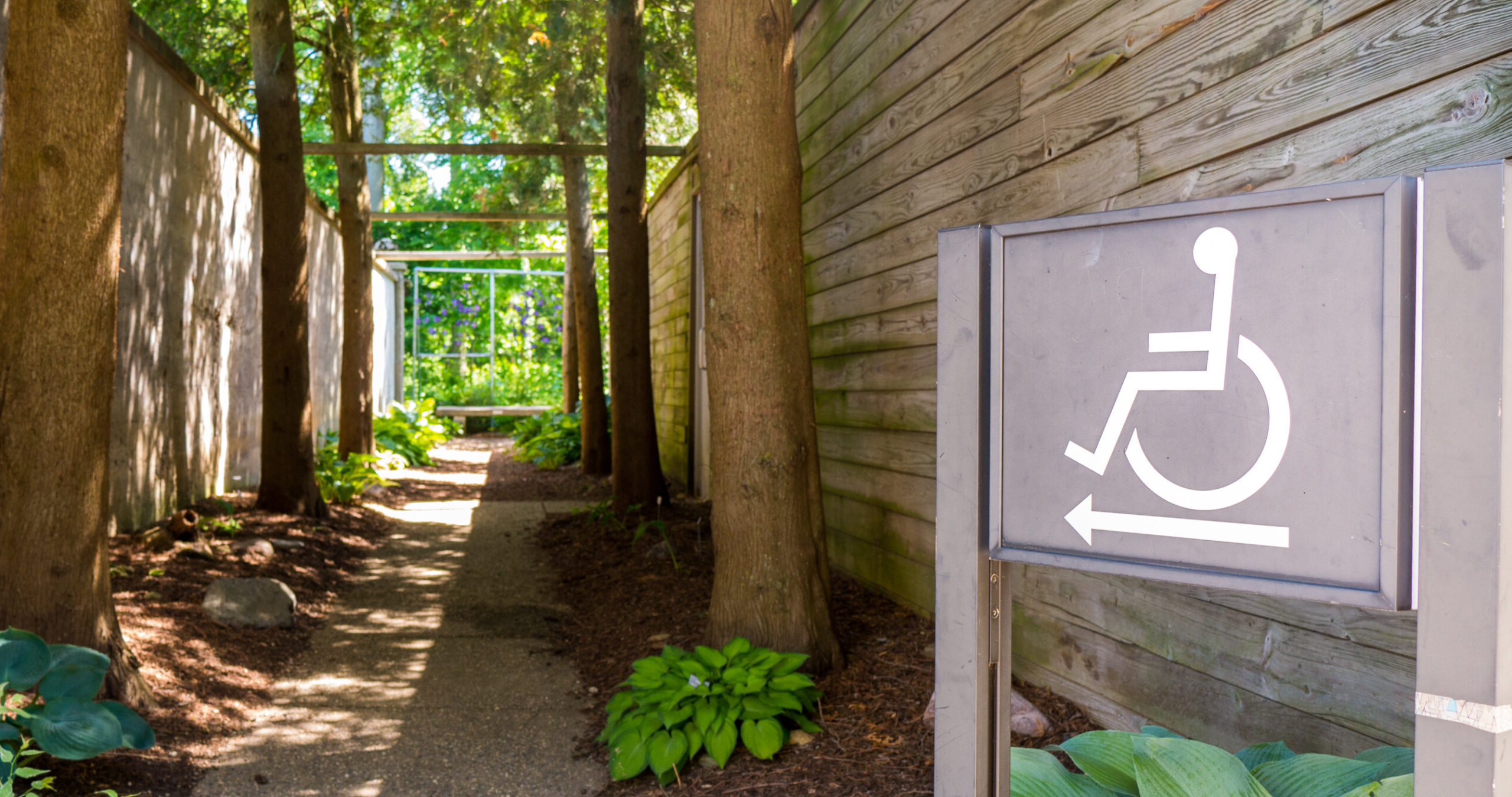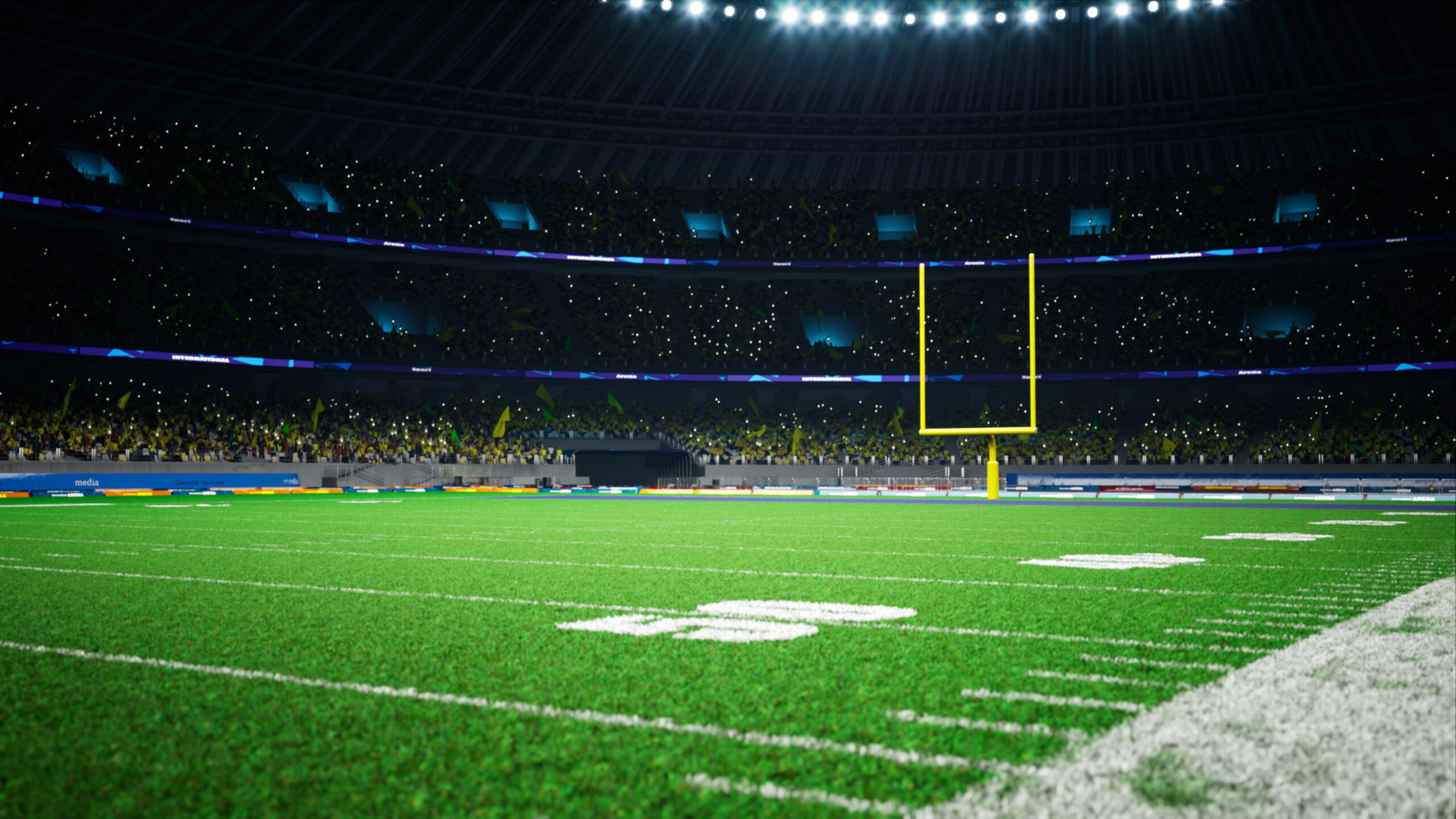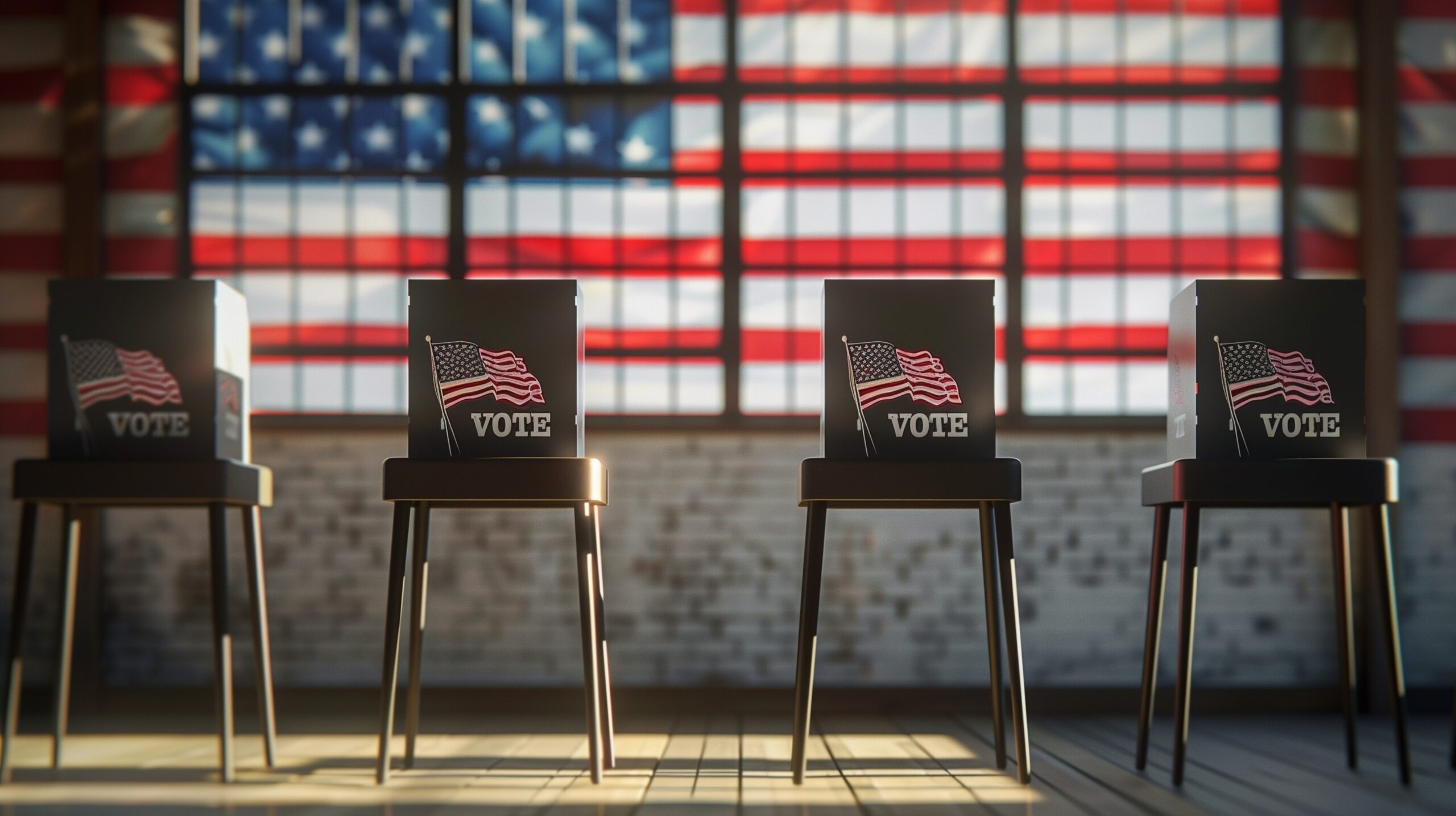
By Ed Cohen
The majority of judges appear to think their court is adequately equipped to serve people with disabilities, but many see problems, especially in older courthouses.
November’s Question of the Month* emailed to NJC alumni asked: “Do you believe your court provides sufficient accommodations for individuals with disabilities (e.g., enough restroom stalls, audio processing, interpreters, Wi-Fi access, non-slip surfaces) so that they have equal access to justice?”
Among the 365 judges who responded, almost 63 percent voted yes. But there was a fair amount of ambivalence evident in the roughly 100 comments submitted.
Dallas Justice of the Peace Al Cercone was among those most confident in his facility’s design, and for good reason.
“This is a new facility. I was allowed to design the space for the courtroom and the clerical staff, so I incorporated many efficiencies that would not otherwise exist,” he wrote. “This court works as smoothly as a Swiss watch. Experienced judges should have input for court design and layout.”
On the other side were several anonymous judges like this one who reported, “The jury box is not accessible, the Wi-Fi is horrible. We have one courtroom with audio processing, the witness stands are not accessible. I’d love to do more to fix the problem, but the money isn’t there.”
The age of one’s courthouse seemed to be a determining factor.
“Our courthouse is old,” wrote one anonymous judge. “It has one elevator that is shared by the public with in-custody defendants but only serves half of the courtrooms. The courthouse, including restrooms, is not ADA compliant.”
“My courthouse is over 100 years old,” reported another. “[We have] an elevator but no handicap bathrooms.”
District Court Judge Clint Hyde of Evergreen, Alabama, said he voted yes, that he considers his own courtroom to be adequately equipped, “but overall, I would say no.”
“I am member of the Deaf and Hard of Hearing Bar Association, and I see a lot of complaints from lawyers across the country that have access problems not only for themselves but clients and potential jurors. Honestly, I am ashamed of the stories that I am told from other jurisdictions.”
Several judges mentioned shortages of interpreters for certain languages.
On the plus side, a few noted that virtual hearings have helped with accessibility problems. People don’t always have to come to court anymore.
Two anonymous judges suggested that courts may be going too far in accommodating people with disabilities. One wrote, “We spend far too much money for a few individuals to the point where we make able-bodied persons have less, AND we are highlighting and emphasizing the person with disabilities.”
* Each month the College emails an informal, non-scientific, one-question survey to its more than 12,000 judicial alumni in the United States and abroad. The results, summarized in the NJC’s Judicial Edge Today, are not intended to be characterized as conclusive research findings.

Hon. Diane J. Humetewa, the first Native American woman and the first enrolled tribal member to serve as a ...

Retired Massachusetts Chief Justice Margaret H. Marshall has been selected as the 2024 winner of the presti...

Dear Gaveliers Fans: I am delighted to announce the appointment of our first Gaveliers coaches, profiled...

Fans, I could not be more proud of the work our players put in over the summer. The difference between h...

As the 2024 Election moves in to its final weeks, just over half of trial judges who responded to a survey ...